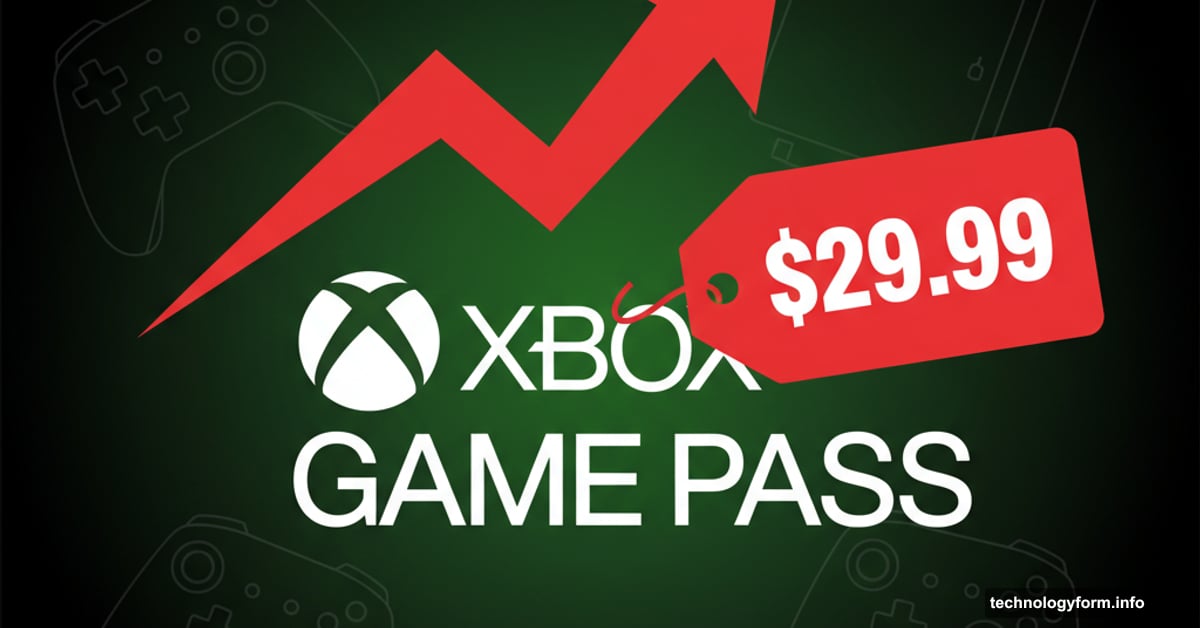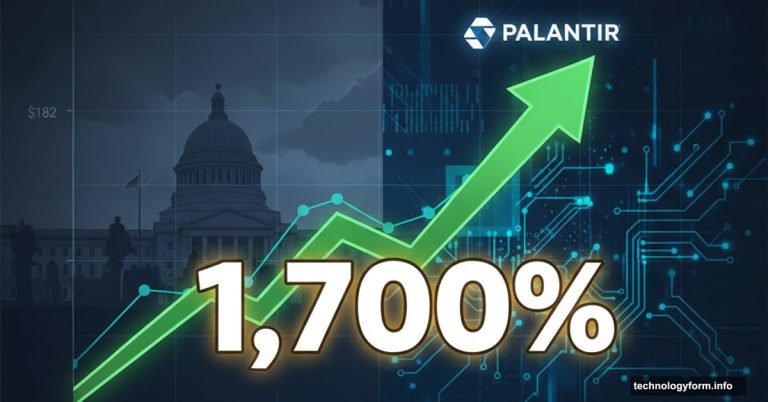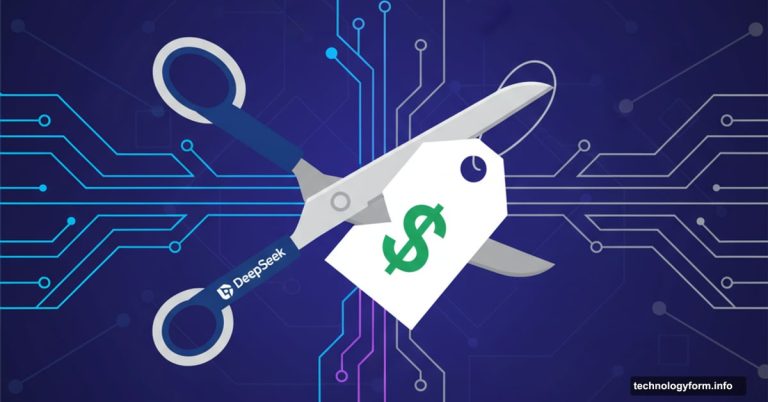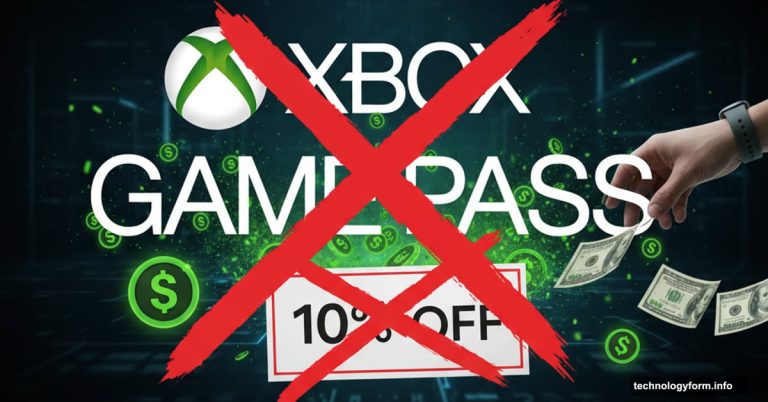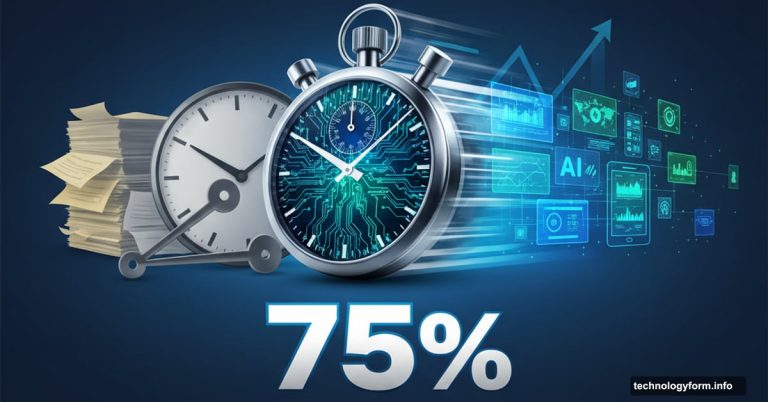Xbox Game Pass Just Got 50% More Expensive. Microsoft Says It’s Worth It
Microsoft slapped a brutal 50% price increase on Xbox Game Pass Ultimate. The subscription now costs $29.99 monthly, up from $19.99.
That’s not a typo. Your gaming subscription just jumped ten dollars overnight. But Microsoft insists you’re getting massive value in return. Let’s see if the math actually checks out.
Ultimate Now Costs More Than Netflix and Spotify Combined
Game Pass Ultimate hits $30 per month starting today. That’s a shocking jump for gamers already dealing with rising costs everywhere.
Microsoft didn’t sneak this through quietly either. Instead, the company loaded Ultimate with new perks to justify the price hike. Whether those perks matter to you determines if this subscription still makes sense.
Here’s what changed. Ultimate now includes over 400 games instead of the previous smaller library. Plus, you get 75 day-one releases each year. That’s 50% more new games hitting the service on launch day compared to 2024.
But wait, there’s more. Microsoft bundled in Ubisoft Plus Classics, giving subscribers access to a rotating selection of Ubisoft games. Starting November 18th, Fortnite Crew joins the package too. That means the Fortnite Battle Pass, 1,000 V-bucks monthly, and exclusive cosmetics.
Microsoft claims these additions add roughly $28 monthly in value. So technically, you’re getting more than you pay for. Yet many gamers wonder if they actually want these specific perks or if Microsoft just padded the offering with extras nobody requested.
Premium and Essential Get Big Upgrades Without Price Hikes
Microsoft didn’t just raise prices. The company completely restructured its Game Pass tiers.
Game Pass Standard became Game Pass Premium. Same $14.99 monthly price. However, Premium now includes PC games for the first time. That’s huge for anyone who games on both Xbox and PC.
Premium subscribers also get unlimited cloud gaming access. Previously, cloud streaming required Ultimate. Now you can stream any Premium library game plus select titles you own outright.
The catch? Premium doesn’t include day-one releases. New Microsoft games arrive “within a year of their launch” on Premium. Call of Duty titles stay exclusive to Ultimate even longer.
Meanwhile, Game Pass Core transformed into Game Pass Essential at the same $9.99 monthly price. Essential more than doubles the game library from 25 to over 50 titles. Plus, Essential adds PC games and unlimited cloud streaming.
That’s remarkable value at ten bucks monthly. Essential gives casual gamers solid access without the premium price tag.
PC Game Pass Got Crushed With 40% Price Increase
PC gamers got hit hard. PC Game Pass jumped from $11.99 to $16.49 monthly. That’s nearly a 40% increase with basically zero added benefits.
Microsoft didn’t sugarcoat this one. PC subscribers lose Ubisoft Plus Classics but gain roughly 50 additional Ubisoft titles. Otherwise, nothing changes. Same day-one releases, same library structure, just a bigger bill.
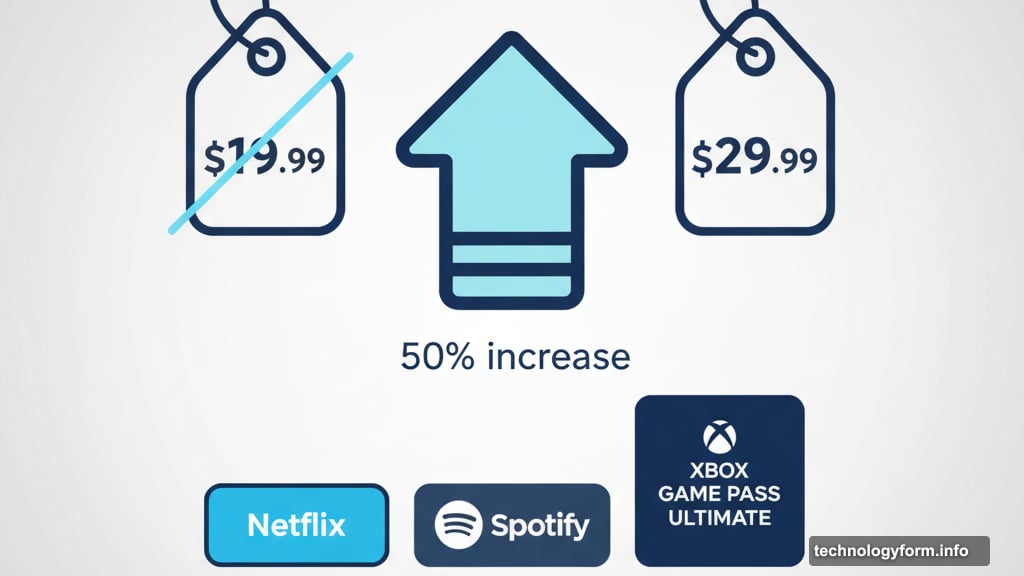
This feels like Microsoft testing how much PC players will tolerate. The company added PC games to both Essential and Premium tiers. So now dedicated PC Game Pass sits awkwardly between cheaper options and the premium Ultimate tier.
Honestly? PC Game Pass might disappear eventually. Microsoft seems to be pushing subscribers toward the console-focused Essential and Premium plans instead.
Cloud Gaming Finally Exits Beta With Real Improvements
Xbox Cloud Gaming dropped its beta label after years of testing. About time.
More importantly, cloud streaming now supports 1440p resolution on select devices. Microsoft also improved bitrates for certain games. These upgrades only apply to Game Pass Ultimate subscribers though.
Cloud access expanded to Essential and Premium tiers, but those subscribers get standard streaming quality. Ultimate keeps the exclusive high-resolution streaming.
Cloud gaming never quite delivered on its promises. Latency issues, compression artifacts, and inconsistent performance plagued the service. Microsoft hopes these upgrades finally make cloud gaming viable for serious play.
But here’s reality. Cloud gaming works great for casual sessions or trying games before downloading. Competitive multiplayer or precision gameplay? Still better to download locally.
Rewards Program Gets Revamped With Actual Cash Value
Microsoft overhauled its rewards program across all tiers. Now subscribers can earn store credit just by playing games.
Ultimate subscribers earn up to $100 annually. Premium gets $50 yearly. Essential earns $25 per year. That’s 100,000, 50,000, and 25,000 points respectively in Microsoft’s rewards system.
These aren’t small perks. $100 covers more than three months of Ultimate subscription costs. Smart players could effectively cut their annual gaming budget by playing titles they already planned to enjoy.
However, earning maximum rewards requires consistent engagement. Miss weeks of gameplay and you leave money on the table. Microsoft designed this system to boost engagement metrics while giving subscribers tangible benefits.
45 Games Dropped Today, Including Major Ubisoft Titles
Microsoft didn’t just announce changes. The company added 45 games to Game Pass today.
Hogwarts Legacy joined the library alongside multiple Assassin’s Creed titles. Basically, Ubisoft dumped a huge catalog onto Game Pass. That partnership clearly drove some of these subscription changes.
For Ultimate subscribers, this instant library expansion helps justify the price increase. Getting immediate access to $60 games makes that $30 monthly fee sting less.
But question remains: How many subscribers actually wanted these specific games? Assassin’s Creed fatigue is real. Hogwarts Legacy released over two years ago. These additions feel more like Microsoft flexing partnership deals than responding to subscriber demand.
Xbox Console Prices Jump Again This Week
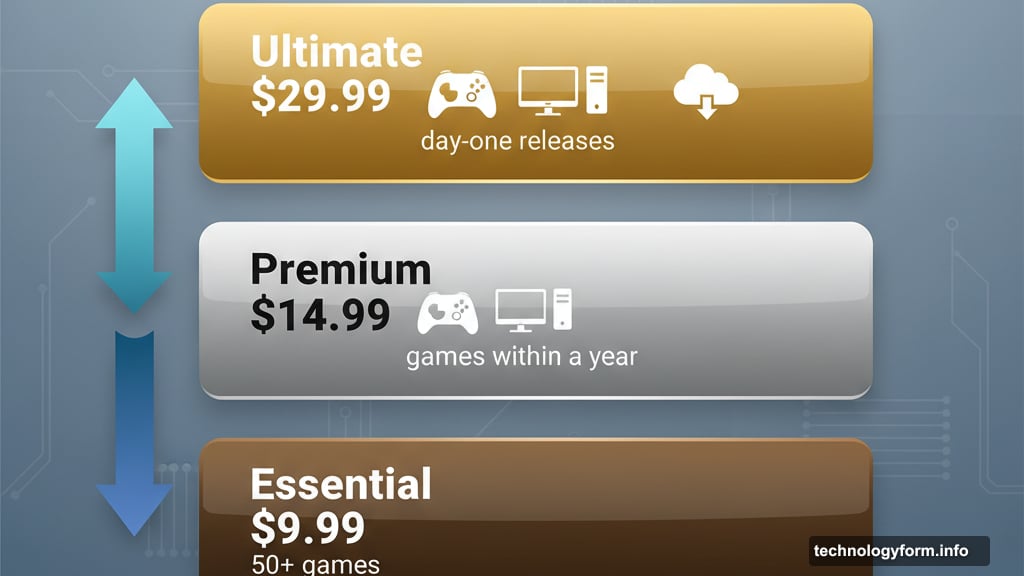
Game Pass isn’t Microsoft’s only price increase. Xbox Series X consoles cost $150 more than they did six months ago.
Plus, the upcoming Xbox Ally X handheld launches at $999.99. Yes, basically a thousand dollars for a handheld gaming device.
Microsoft argues these increases reflect added value and market conditions. But gamers see a pattern. Everything Xbox-related costs more in 2025 than it did in 2024.
The company invested heavily in Game Pass partnerships this year, signing deals with over 150 partners. That investment costs money. Microsoft passes those costs directly to subscribers.
Does Game Pass Still Make Sense at These Prices?
Ultimate at $30 monthly equals $360 annually. That’s steep for a subscription service.
However, consider the math. If you play just four new $60 games yearly through Game Pass, you break even. Add in the back catalog access, cloud gaming, and rewards earnings, and dedicated gamers still get value.
Casual players face tougher decisions. Premium at $15 monthly hits a sweet spot for moderate gaming. You get PC and console access, cloud streaming, and a solid library without day-one releases. That works if you don’t mind waiting a year for new Microsoft games.
Essential remains gaming’s best bargain. Ten bucks monthly for 50+ games across console, PC, and cloud? That’s absurdly good value, especially compared to buying games individually.
The Real Problem Nobody Mentions
Microsoft restructured Game Pass to maximize revenue while claiming to add value. Smart business move. But it exposes the fundamental issue with subscription gaming.
You never own these games. Microsoft controls access, pricing, and library composition. Games disappear from the service regularly. Your favorite title might vanish next month.
Plus, Microsoft trains gamers to devalue individual games. Why pay $60 for a game when it might hit Game Pass eventually? This mindset hurts game sales and pressures developers to accept Game Pass deals they might not want.
The subscription model benefits Microsoft. It generates predictable recurring revenue. But it fundamentally reshapes gaming economics in ways we’re only beginning to understand.
Your choice depends on your gaming habits. Heavy players still get value from Ultimate despite the price hike. Moderate gamers should seriously consider Premium. Casual players can’t beat Essential’s pricing.
Just remember: You’re renting access, not buying games. That distinction matters more as prices climb.
